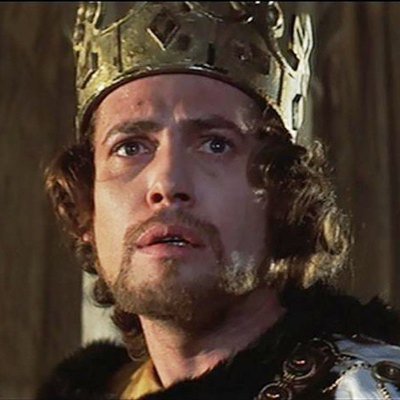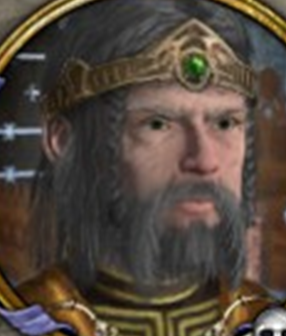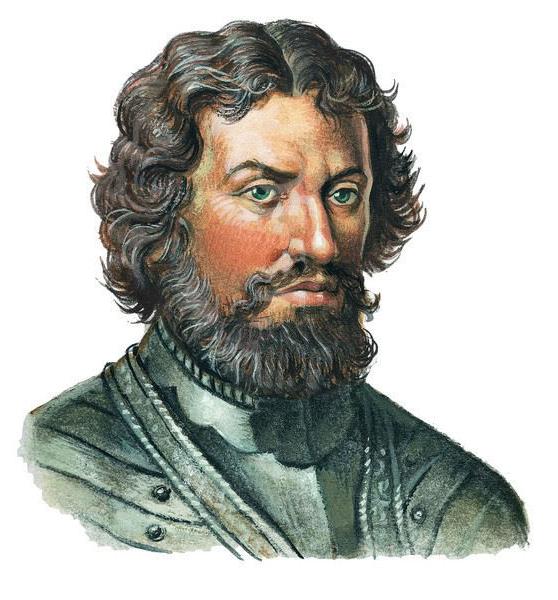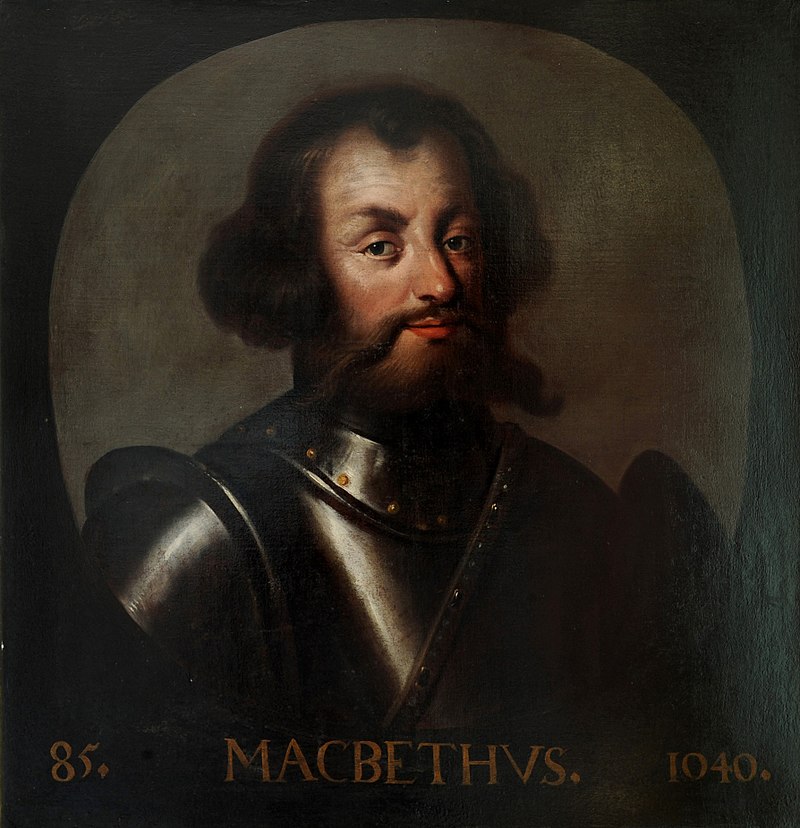

On Augthe king's army confronted the Mormaer's army. The result was defeat at the hand of the Mormaer of Orkney, Thorfinn Sigurdsson. Gathering the remaining clans they advance north, Duncan by sea, Moddan by land. While fleeing north in disorder he met his nephew who told him about his defeat in the Orkneys. The Northumbrians mounted a counteraction and routed the rest of his army. (8) Duncan's cavalry attempted an assault on the fortified city of Durham and were nearly annihilated. In 1040 he opened two fronts, sending his nephew Moddan to the Orkneys while himself leading a force south into England. Over everyone's objections he chose to do both. He also wanted to invade the Orkneys and bring them under his rule. The attack was arrested, but the chieftains prevailed on Duncan to counterattack.

An example of Duncan's incompetence that ultimately led to his down fall occurred in 1038 when the Earl of Northumbria attacked southern Scotland. His thirst for power coupled with incompetence in the battlefield resulted in troubled times for Scotland. One month later, on Christmas Day, Duncan MacCrinan, whom Malcolm had previously named his successor, was elected High King at the age of thirty-three. Scarcely two years later his candidacy was legitimized when Malcolm II, at the age of eighty, passed away of natural causes on November 25, 1034. MacBeth now became a candidate to the kingship. Gillecomgain died on a raid on his castle ordered by Malcolm II. After being elected Mormaer he married Gillecomgain's widow, Gruoch (6) and adopted her son, Lulach.

(5) MacBeth reappears once again in the chronicles around the year 1032 when elected Mormaer of Moray upon his cousin Gillecomgain's death. As for MacBeth, not much is known about him at this time, it is possible he was far away in his studies. The reason escaped history, but it could have been that Findlaech MacRuaridh had established a warm relationship with the House of Atholl. (4) In 1020, at age fifteen, his cousins Malcolm and Gillecomgain killed MacBeth's father. The term of study usually lasted about ten years. ruddy countenance." (3) At the age of seven MacBeth was sent away to be educated, a requirement for the children of important chieftains, under the tutelage of a Christian monk- as set by law. MacBeth, meaning "son of life" in Gaelic, was described by contemporary chroniclers as being a handsome man, "the liberal king. His mother Doada was the second daughter of Malcolm II. His father, Findlaech MacRuaridh, controlled the province of Moray as Mormaer (2). MacBeth MacFindlaech was born in 1005 AD (1), the same year his grandfather (Malcolm II) became king. At the hands of later chroniclers- mostly English- and ultimately by the pen of William Shakespeare, MacBeth changed into a despicable ruler, a far cry from the real person. The line is blurred between Macbeth’s evil and his opponents’ good, and there are new attitudes toward both witchcraft and gender."MacBeth, King of Scotland, ruled a peaceful kingdom from 1040 to 1057." Considered by many historians as the last of the Gaelic kings of Scotland, MacBeth has become less of a historical figure and more a fictional character. Recently, it has been applied to nations that overreach themselves and to modern alienation. Its story was once seen as that of a hero who commits an evil act and pays an enormous price. Like other plays, Macbeth speaks to each generation. Is Macbeth tempted by fate, or by his or his wife’s ambition? Why does their success turn to ashes? In depicting a man who murders to become king, Macbeth teases us with huge questions. He found a spectacle of violence and stories of traitors advised by witches and wizards, echoing James’s belief in a connection between treason and witchcraft.

London was alive with an interest in all things Scottish, and Shakespeare turned to Scottish history for material. In 1603, James VI of Scotland ascended the English throne, becoming James I of England. Listen to this introduction: Read by Karen Peakes – a special recording for The Folger Shakespeare’s Macbeth by the Folger Theatre


 0 kommentar(er)
0 kommentar(er)
